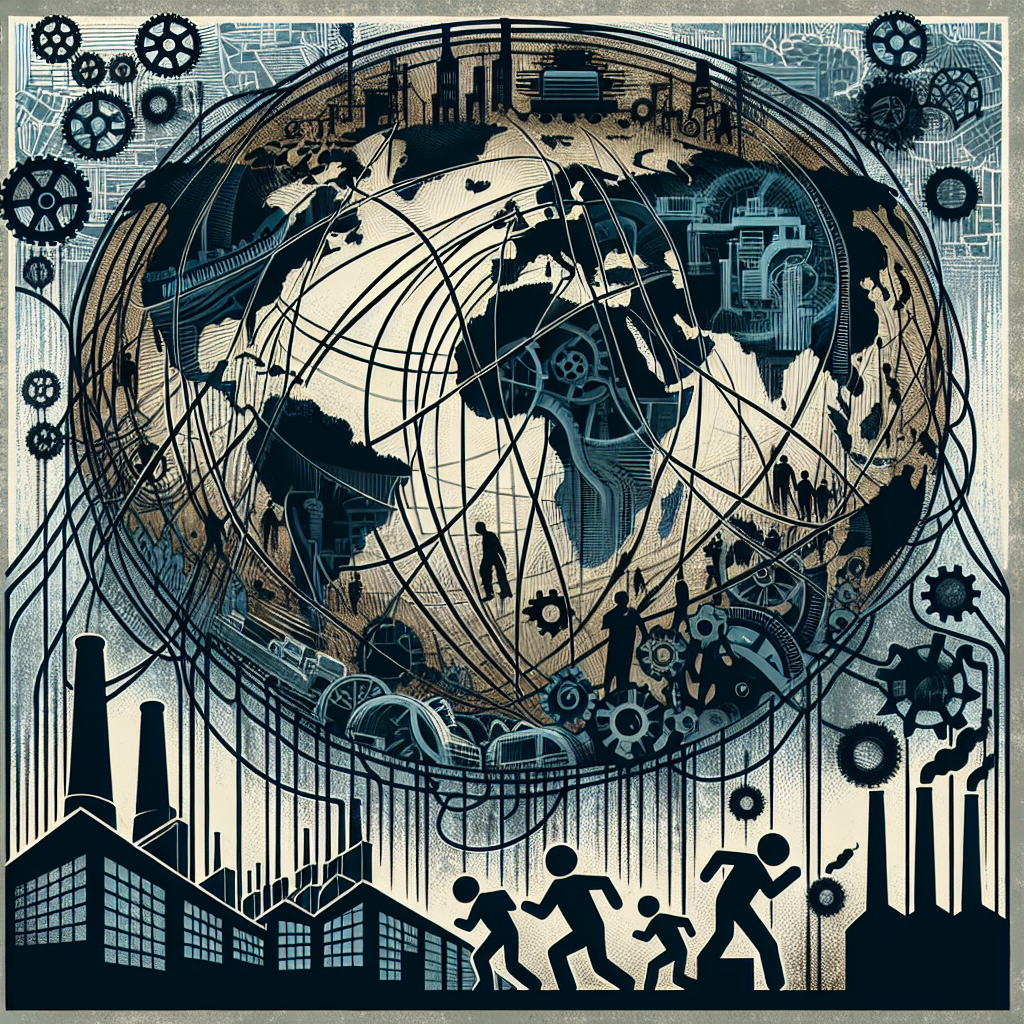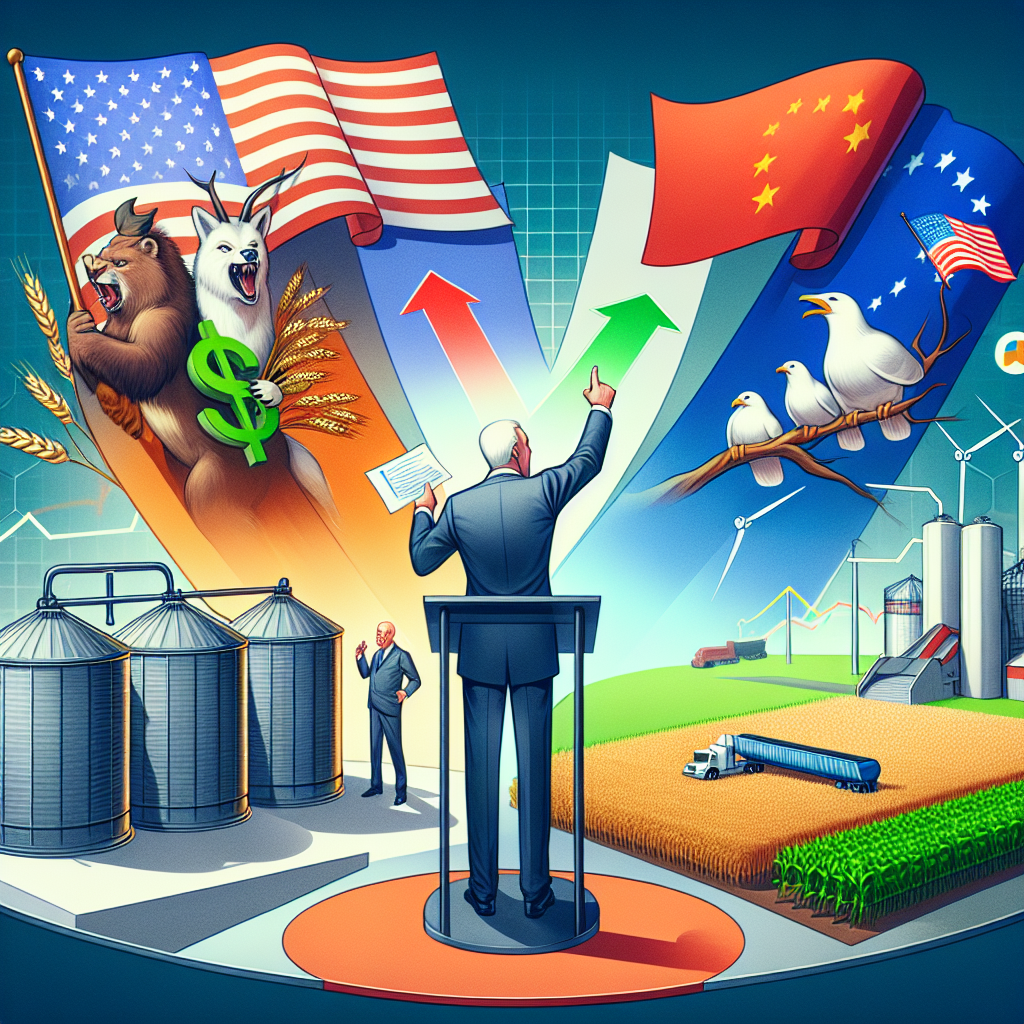In a significant shift that underscores the pervasive influence of geopolitical tensions on global commerce, numerous Western brands have recently been implicated in employing forced Uighur labor from China’s Xinjiang region. This revelation, reported by Calcalistech under the title “Western brands caught using forced Uighur labor,” casts a long shadow over the ethical practices of these multinational corporations, which include some of the most recognized names in fashion and technology.
At the heart of this controversy is the deeply troubling use of forced labor by China’s Uighur population, a Muslim minority group that has reportedly been subjected to mass detentions and repressive labor conditions under the guise of vocational training and poverty alleviation programs. According to UN estimates, upwards of a million Uighurs might have been forced into state-sponsored re-education camps, which many international observers label as programs for indoctrination.
The economic implications are profound. Xinjiang is a critical hub in the global supply chain, particularly for the textiles and clothing industry, due to its substantial cotton production. The region produces about 20% of the world’s cotton, and the allegations suggest that this output is entangled with forced labor, posing serious ethical and legal questions for Western businesses operating there.
The use of forced labor not only contravenes basic human rights principles but also violates international labor laws, potentially subjecting these brands to legal sanctions and severe reputational damage. Moreover, the exposure of this issue risks igniting consumer boycotts and investor backlash in Western markets, where there is increasing sensitivity and demand for ethical corporate conduct.
Corporate responses to these accusations have varied, with some companies pledging to closely review and rectify their supply chains, while others have been more reticent. The challenge for businesses lies not only in ensuring compliance with international labor standards but also in mapping and auditing their supply chains, which are often opaque and convoluted, spanning multiple countries and tiers of suppliers and subcontractors.
This situation has also sparked a broader discourse on the responsibilities of multinational corporations in foreign jurisdictions where governance standards, particularly relating to human rights, may be lacking or not enforced. It underscores the pressure on companies to not only adhere to regulatory compliance but to also embody broader ethical principles that safeguard human rights.
Furthermore, this issue has intensified calls for more stringent regulations and oversight of global supply chains, with some advocates urging for legislative changes that require companies to conduct due diligence on human rights impacts. This could include mechanisms similar to the Modern Slavery Act in the UK, which mandates businesses to report on slavery and human trafficking within their operations.
The Uighur labor controversy is a complex intersection of human rights, global business ethics, and international relations. As the world becomes increasingly interconnected, the actions of corporations can have far-reaching consequences, compelling them to navigate not only market dynamics but also geopolitical and ethical landscapes. It heightens the imperative for transparency, accountability, and a commitment to universal human rights standards as integral components of global corporate operations.



